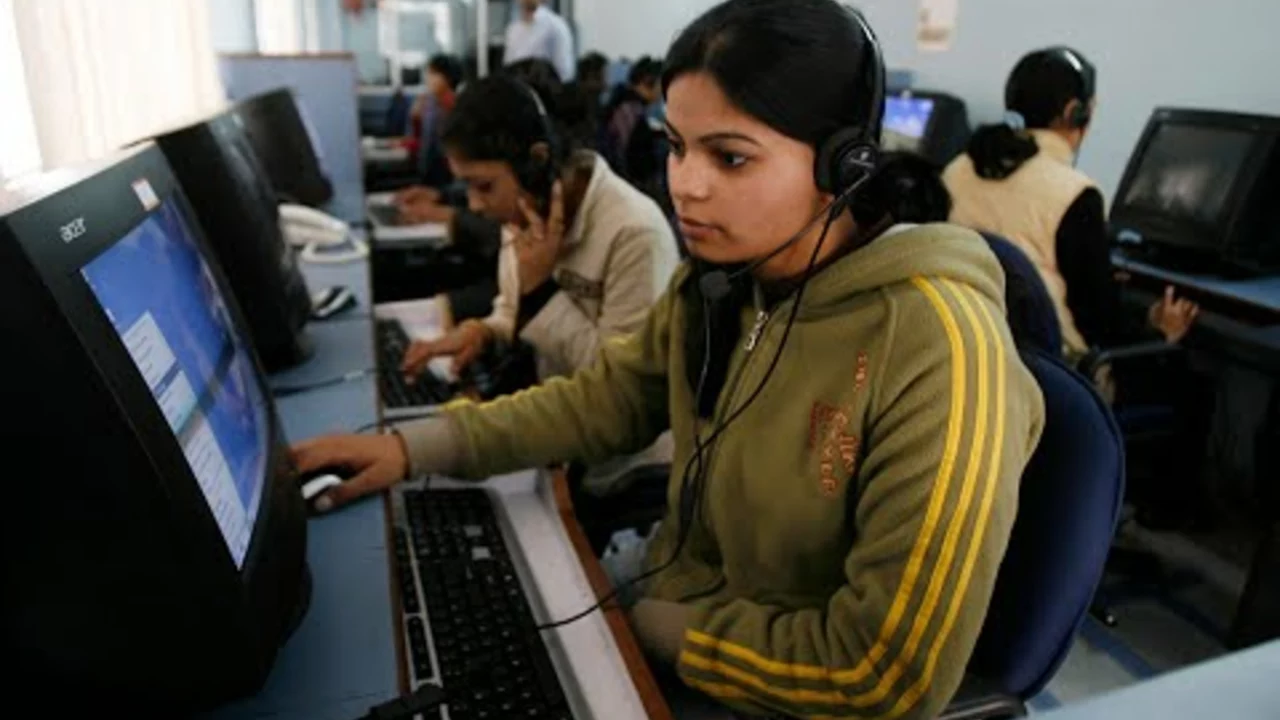Employment Opportunities Abroad: Practical steps to find work overseas
Ready to work abroad but not sure where to begin? This page gives clear, usable steps: how to search, which papers to prepare, and what employers really look for. You’ll also get specific tips on call centre roles in Canada and why Indians often succeed in that field.
How to search and prepare
Choose one or two target countries and learn their visa routes for workers in your field. Look up work permits, employer-sponsored programs, and points-based immigration paths. Tailor your resume to local style—keep it short, factual, and achievement-focused. Use country-specific job boards, LinkedIn, and recruiters who place international hires. Sign up for job alerts so you don’t miss new listings.
Prepare documents ahead: scanned diplomas, transcripts, ID, and reference letters. Get certificates translated if needed and check whether your profession needs credential assessment. Practice phone and video interviews; employers judge communication skills fast. Learn basic local phrases or, for Canada, French essentials if you target bilingual roles.
Budget for costs most people overlook: visa fees, credential checks, initial housing, and local ID processing. Research health coverage rules—some countries require private insurance until you’re covered locally. Have a simple checklist for each application so you don’t miss deadlines or requested documents.
Are call centre jobs in Canada open to Indians?
Yes. Indians with strong English and customer service experience find call centre positions in Canada. Many centres value clear communication, problem-solving, and polite service—skills many applicants from India bring. Some vacancies require French or bilingual ability, especially in Quebec and some federal roles, so check job posts carefully.
Most international hires need legal work status: either a work permit, temporary resident status, or permanent residency. Employers sometimes hire through staffing agencies that understand the temporary foreign worker process. When applying, be upfront about your current authorization and timeline. Highlight measurable wins on your resume: customer satisfaction scores, call resolution rates, or efficiency improvements.
Practice real interview scenarios: phone role-play, handling upset customers, and explaining technical issues clearly. Employers often test language and problem-solving on the spot. If you need to improve accent clarity, focus on pronunciation practice and listening drills—small gains make a big difference in phone interviews.
Final practical moves: tailor each application to the job, keep document copies ready, and follow up politely after interviews. Network with people who already moved—ask about their first-year costs, housing tips, and onboarding surprises. Start with short contracts, temp work, or remote roles if that gets you into the country faster; these often lead to full-time offers.
Want a quick checklist to get started? Pick a country, check visa options, update your resume, gather documents, and set three weekly application goals. Small consistent steps get you from searching to landing a job abroad.
India’s New Labour Code Reduces Gratuity Eligibility to 1 Year, Grants Equal Benefits to Fixed-Term Workers
India's new Labour Code slashes gratuity eligibility from 5 to 1 year, granting fixed-term workers equal benefits. A landmark shift for millions in contract jobs, effective August 2025.
Do Indians get call centre jobs in Canada?
Well, folks, buckle up because we're zooming off to the world of call centres! Guess what? Indians do indeed get call centre jobs in Canada. I mean, with their killer customer service skills and linguistic abilities, they're practically a hot commodity! The maple leaf country seems to have got a sweet tooth for our Indian brethren, eh? So, if you're an Indian looking for a career change, why not consider a Canadian call centre? It's like adding a little spice to the routine, and who knows, you might just become the next call centre superstar!






